 Most students of any business course are taught constantly about the importance of having a good Return on Investment. Whether that "investment" is measure in dollars or in time that you or your employees spend trying to do something, we are taught that the benefit must be tangible when it comes back to your business. The problem that many businesses have when it comes to social media is that the ROI is not as simple to measure as putting a discount code into a print ad and then counting the redemptions.
Most students of any business course are taught constantly about the importance of having a good Return on Investment. Whether that "investment" is measure in dollars or in time that you or your employees spend trying to do something, we are taught that the benefit must be tangible when it comes back to your business. The problem that many businesses have when it comes to social media is that the ROI is not as simple to measure as putting a discount code into a print ad and then counting the redemptions.
During a presentation at the World Business Forum last year, Charlene Li, bestselling author of “Groundswell” as well as the brilliant new business book “Open Leadership” and a leading mind in how social technologies can be used for business, talked about this in her short presentation to a global audience of business people. At one point she asked all the members of the audience to shake hands with the person next to them. Then she asked them to describe the ROI of that handshake. It was a nice example of where the measurement problem lies – because most of us are not used to quantifying the value of social relationships and conversations
The irony is that most small business people know this inherently – and the process of trying to emulate big businesses is what drives them to forget. You KNOW that if your customer is the President of the local PTA and you do a good job for him or her, that they will help drive word of mouth about your business to other parents. You KNOW that having a positive review or endorsement of your business in the local paper will add to your credibility and increase consideration. In some cases, you may already be tracking the value of these instances in hard terms. But most of these sorts of activities don't fit neatly into a spreadsheet.
In fact, this situation is what creates the most skepticism about the value of social media for small business owners and whether or not to engage in using it. The solution is surprisingly simple. Stop comparing what you might do in social media and how you might measure it to something as tangible as a radio advertisement or sponsoring an event with a booth.
Instead, start thinking about the value of social media how you think about whether or not to attend a networking event. Or in the realm of customer service or loyalty for how you encourage your current customers to talk about you or come back to you over and over again. The ROI of focusing on these activities is huge – but it may not fit neatly into your spreadsheet.
Does that mean you stop attending events? Of course not. The ROI of a conversation may not appear for years, or it may happen tomorrow, or it may never happen. That is the way that relationships go. But the more of them you can create, the more you can increase your chances for positive outcomes. You KNOW this already – just trust your instinct and start doing more of it.
This post is republished from the original article on the American Express Open Forum website. It is part of "Small Business Friday" on this blog – a featured series on ideas and marketing techniques for small businesses.
To read more articles like this, visit the "Small Business Friday" category on this blog.


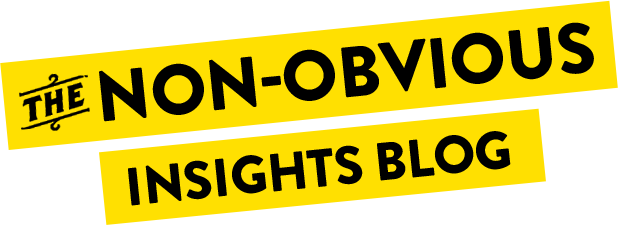




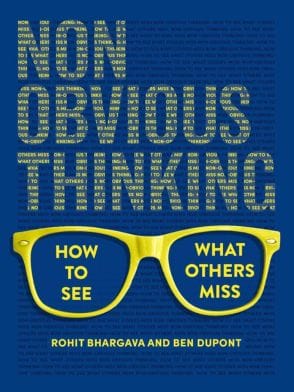




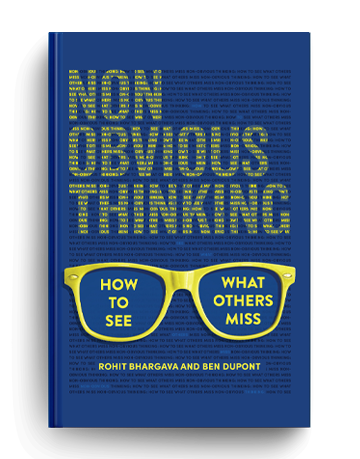
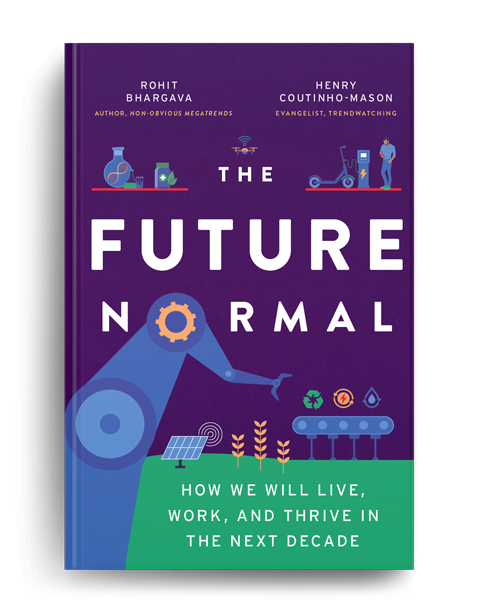

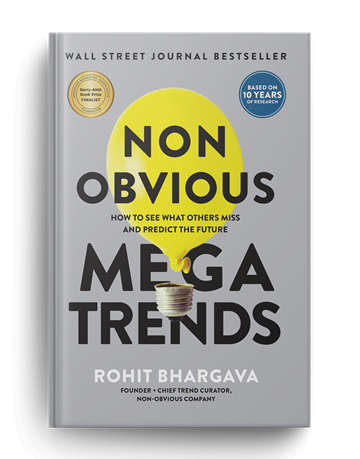
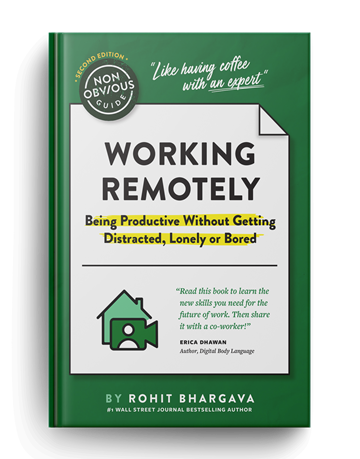
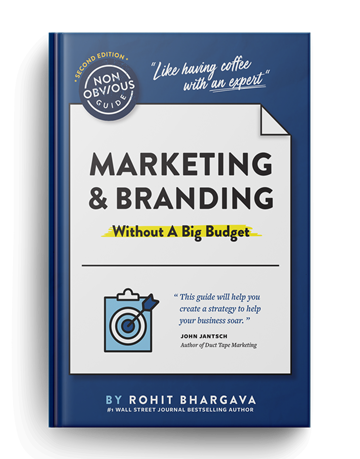

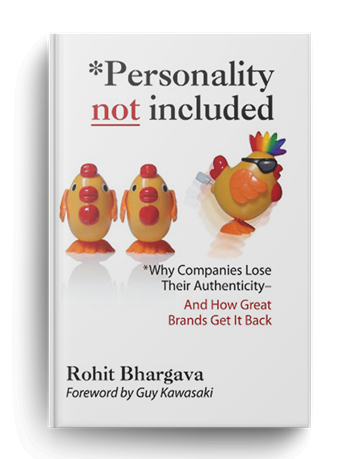
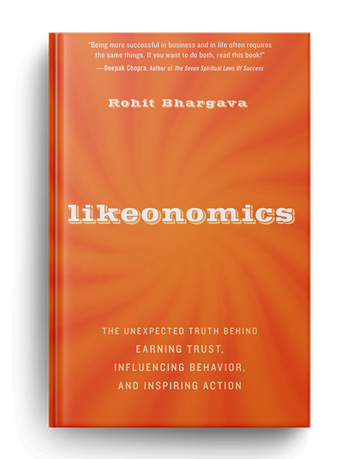


Hi Rohit,
Thank you so much for explaining how to measure the ROI of Social Media in a way entrepreneurs and small business people will understand it.
Comparing the benefits of Social Media Marketing to the improvements you get from improving your customer service makes perfect sense to most business owners.
There are some metrics that can be easily measured such as increased fans or click throughs but so much of the benefits occur further down the road and its difficult to track it back to which exact activity it was the result of.
Social media is an ideal way to share brand values and brand personality. In your book “Personality Not Included” you cover this in great detail, so people should go check that out.
There are some very good social marketers out there who are actually using the medium to have a real conversation with customers. This doesn’t happen on every channel, but it is expected on social channels.
Buddy
https://wordspicturesweb.com/?p=1714
Ultimately the time invested into Social Media efforts can be tracked on a granular level with a timesheet app.
If you’re doing a lead generation campaign that involves landing pages, then the traffic to those pages via Social Media links can be counted.
If you’re willing to implement a strong methodology for how you track your efforts and time, then determining the ROI is really just simple arithmetic.
You’d be surprised what you find about what you’re spending your time on and what’s giving you return. It’s not easy to divorce yourself from your ego and expectations – and ultimately start over from scratch if certain efforts are clearly not panning out. Don’t look unless you’re willing to deal honestly with what you’ll see. Get ready to sacrifice some sacred cows.
Obviously I too agree that investment plays an active role in any kind of business.Here social media also plays vital in promoting any business.this improves traffic to the website.So i must appreciate your efforts on posting these information.
Awesome! Great post. This info will surely help a lot of people. Thanks for sharing.
Shane
https://videoinfluenceproductions.com
The book Flip the Funnel would go right along with this post. It’s all about relationship building with customers and gives many examples how it actually does provide returns to your bottom line inadvertently by making people fans of your business who tell others about you, and on and on. It really is a good read for any of you interested in this topic, I felt is was the best book I had read in years.
Hi thank you very much for this valuable information social media really helps a lot to get information, Social media are media for social interaction, using highly accessible and scalable communication techniques.